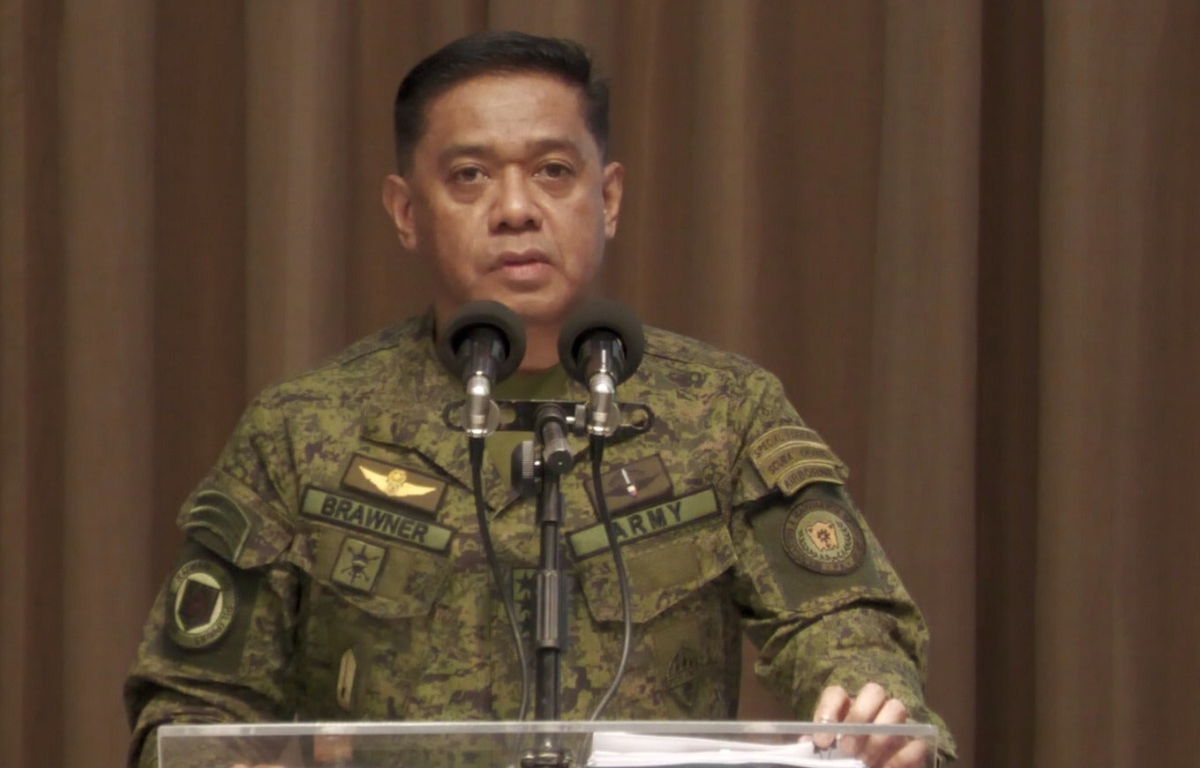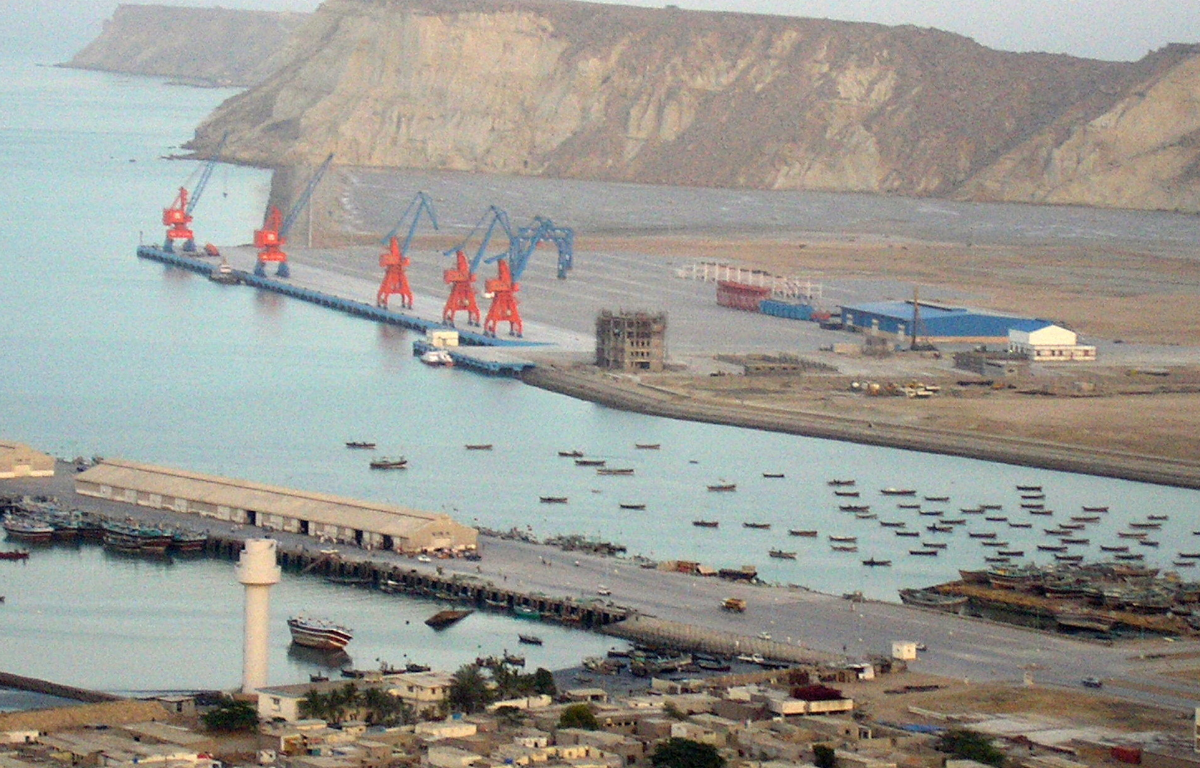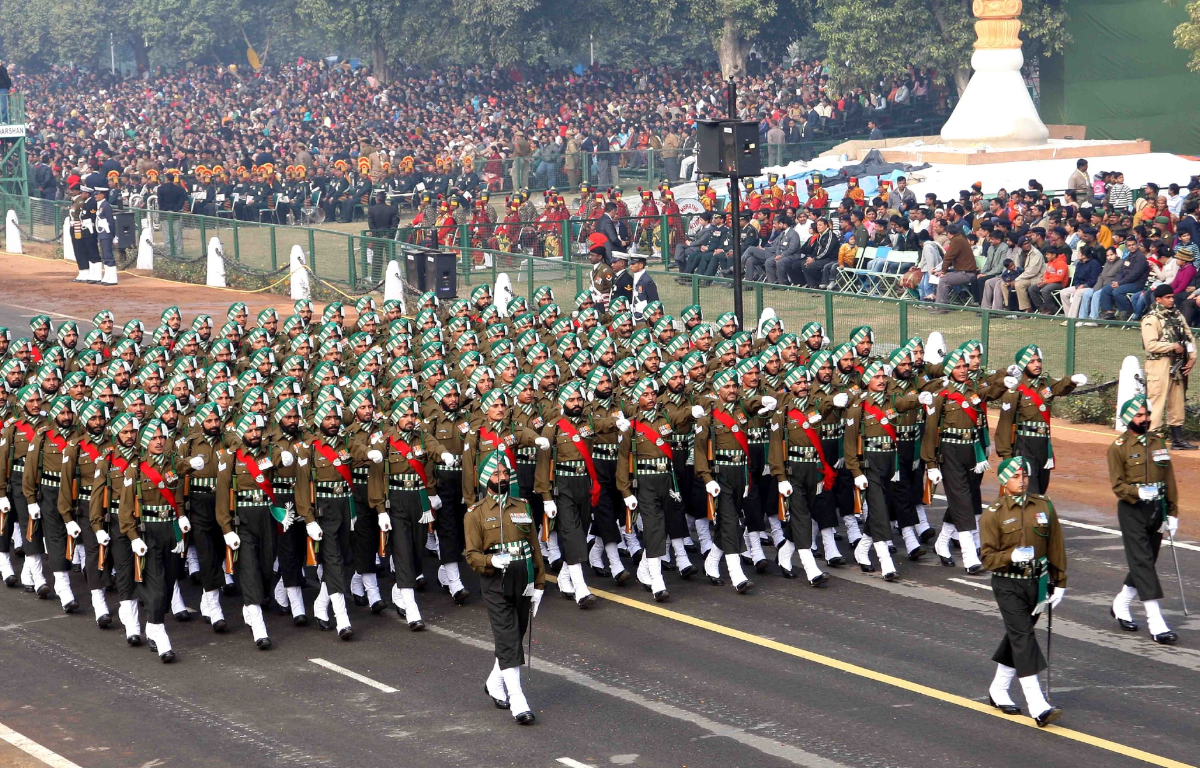
President Marcos emphasized the paramount importance of economic prosperity in the ASEAN context. The Philippines actively engages in ASEAN-led initiatives aimed at bolstering economic growth and stability. The President underlined the need for strengthening intra-ASEAN trade, reducing trade barriers, and promoting investments to enhance economic resilience. Furthermore, he reaffirmed the country’s commitment to aligning its economic policies with ASEAN standards, fostering not only economic cooperation but also the facilitation of trade and investment across the region.
Climate resilience and sustainability represent critical aspects of the Philippines’ ASEAN priorities. The nation is grappling with the severe consequences of climate change, including typhoons and rising sea levels. President Marcos called for collective action within ASEAN to address these challenges. He stressed the importance of collaboration on climate change mitigation and adaptation strategies, including the establishment of an ASEAN Climate Resilience Fund to support member states in implementing climate-related projects.
Ensuring regional security remains a top priority within ASEAN, and the Philippines consistently advocates for a peaceful and stable Southeast Asia. President Marcos reaffirmed the nation’s dedication to the principles enshrined in the ASEAN Charter, including non-interference and peaceful conflict resolution. Moreover, he emphasized the significance of cooperation in areas such as counter-terrorism, maritime security, and disaster response, all crucial for maintaining peace and stability in the region.
Recognizing the transformative potential of digital innovation and connectivity, the Philippines places a strong focus on these aspects within ASEAN. President Marcos highlighted efforts to bridge the digital divide and expand internet access, especially to underserved regions. Initiatives were proposed to promote digital literacy and skills development, harnessing the full potential of the digital economy. Enhanced digital connectivity not only fosters economic opportunities but also facilitates information sharing and regional integration.
The COVID-19 pandemic continues to present challenges, and the Philippines acknowledges its impact. The country stressed the importance of equitable access to vaccines and medical supplies within ASEAN. Additionally, the Philippines pledged its support for initiatives aimed at post-pandemic recovery, including economic stimulus measures and healthcare cooperation.
In conclusion, President Marcos’ participation in the ASEAN Summit highlighted the Philippines’ commitment to advancing regional cooperation and addressing critical issues facing Southeast Asia. These priorities encompass economic prosperity, climate resilience, regional security, digital innovation, and COVID-19 recovery. As the Philippines continues to play an active role within ASEAN, it remains dedicated to building a stronger, more resilient Southeast Asia for the benefit of all member states.










Share this: